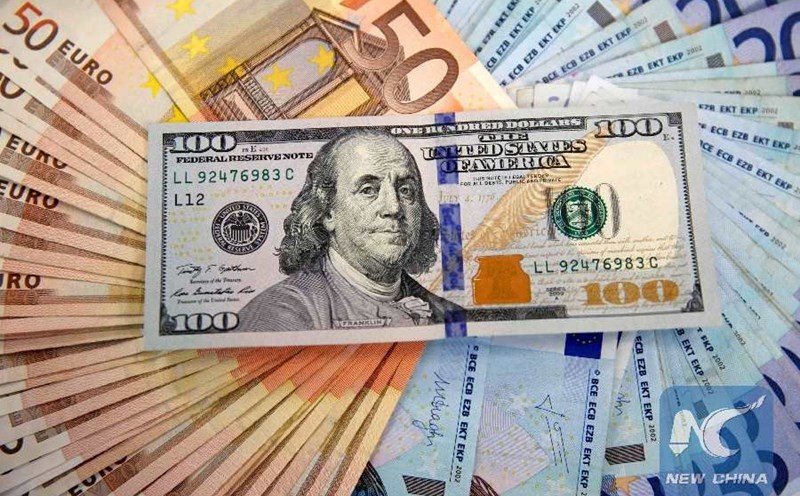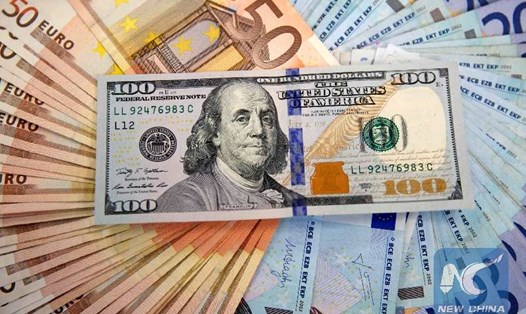RT reported that on April 1, a number of European Union (EU) countries and the UK announced that Russia's assets were being frozen, so they would remain there until the conflict with Ukraine was truly ended.
In addition to the joint statement, foreign ministers of Germany, France, Italy, Poland, Spain and the UK also made deterrent statements to Russia, calling for increased pressure with all available tools, including the imposition of new sanctions.
According to RT, there are currently about 300 billion USD in assets of the Russian Central Bank frozen by the West since 2022. These assets are mainly government bonds of the EU, US, UK and are held at a securities archives headquartered in Brussels ( Belgian).
The joint statement came just days after European Commission President Ursula von der Leyen refused to consider lifting Russian sanctions while the conflict in Ukraine is far from over. She also rejected the proposal for a temporary ceasefire in the Black Sea previously made by US President Donald Trump to the two leaders of Russia and Ukraine.
Kremlin spokesman Dmitry Peskov responded last week that the EU's tough stance on the possibility of resuming agreements shows that the bloc does not want to contribute to the efforts to find a peaceful solution for Ukraine that Russia and the US are participating in.
According to Mr. Peskov, lifting sanctions on Russian banks to support the handling of transactions related to agricultural products is an indispensable part of the Black Sea Initiative. He affirmed that if Europe does not want to follow this path, it means that the continent does not want to pursue peace.
In recent talks between Russia and the US in Riyadh (Saudi Arabia), the two sides discussed the restoration of the Black Sea Initiative, which could include lifting Western sanctions on Moscow's agricultural and fertilizer exports.
However, a recent joint statement could influence some European countries upcoming support plans for Ukraine.
On 1 March, the UK announced a new $2.84 billion loan to enhance Kiev's military capabilities, in the hope that the money would be repaid with profits from frozen Russian assets. Zelensky later pledged to Starmer that the money would be used to produce weapons in Ukraine.
On March 9, France continued to announce a new aid package, in which about 195 million euros would come from the interest of frozen Russian assets. The money will be used to provide Ukraine with weapons, including 155 mm artillery shells, guided bombs compatible with Mirage 2000 fighters and a number of armored fighting vehicles that have not been disclosed.











